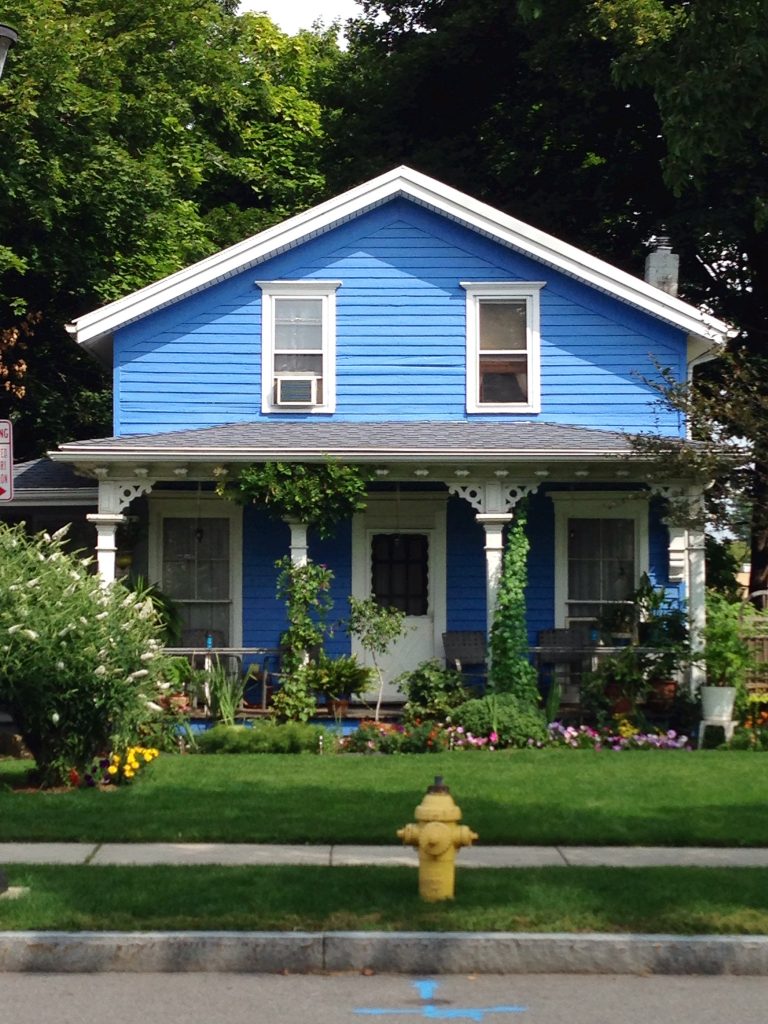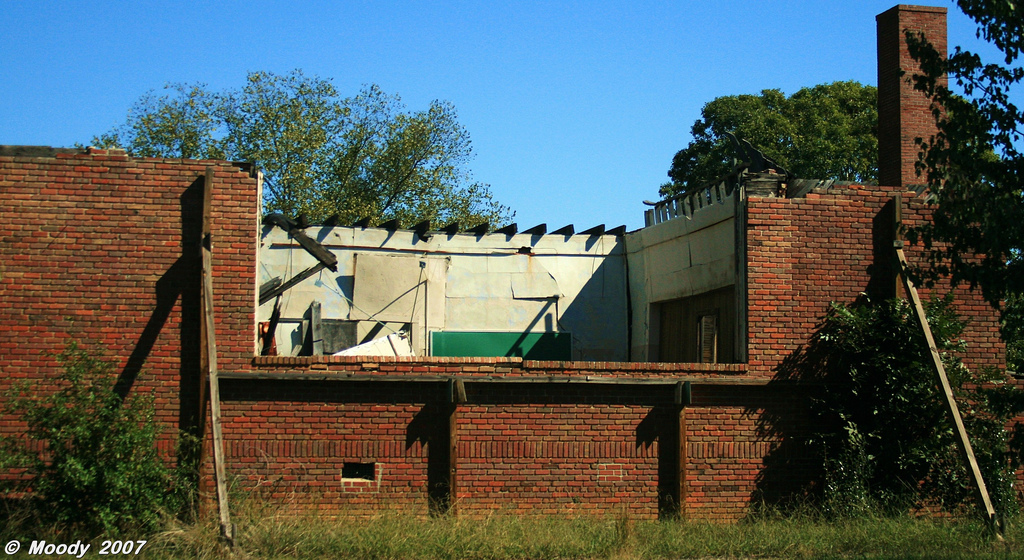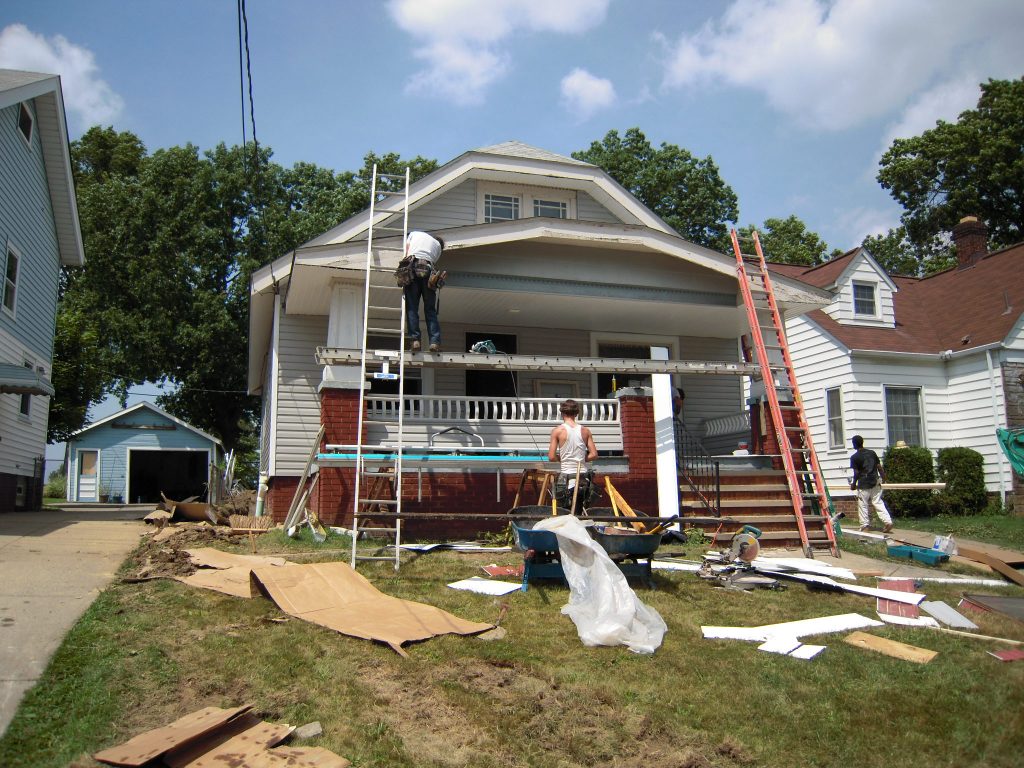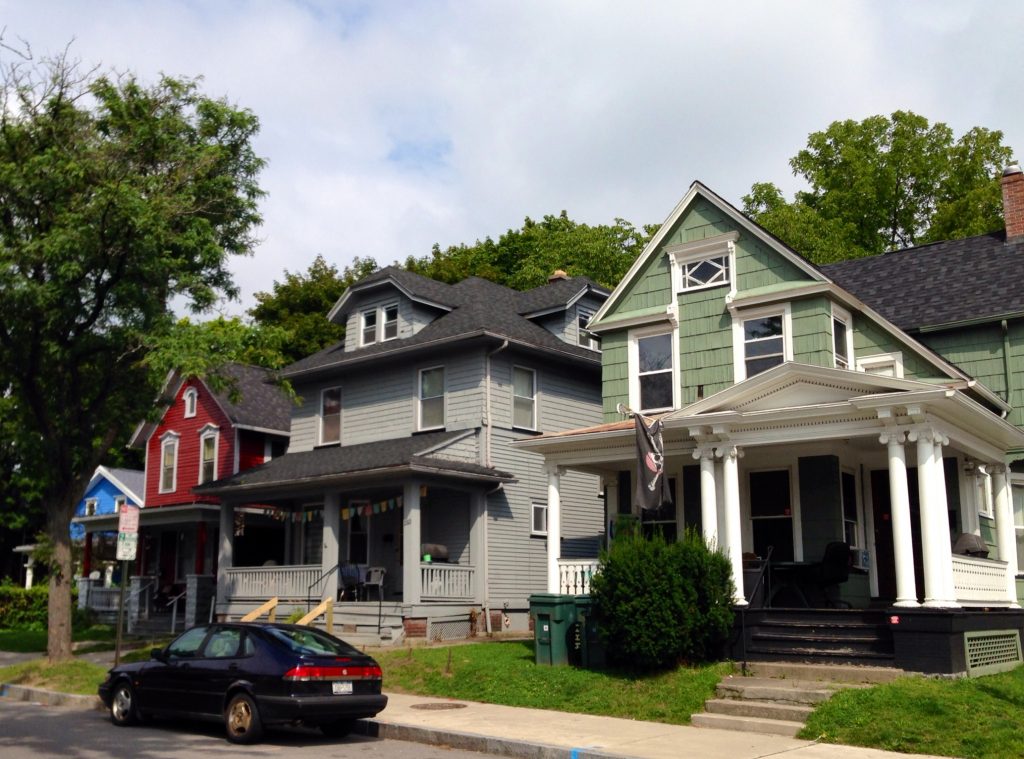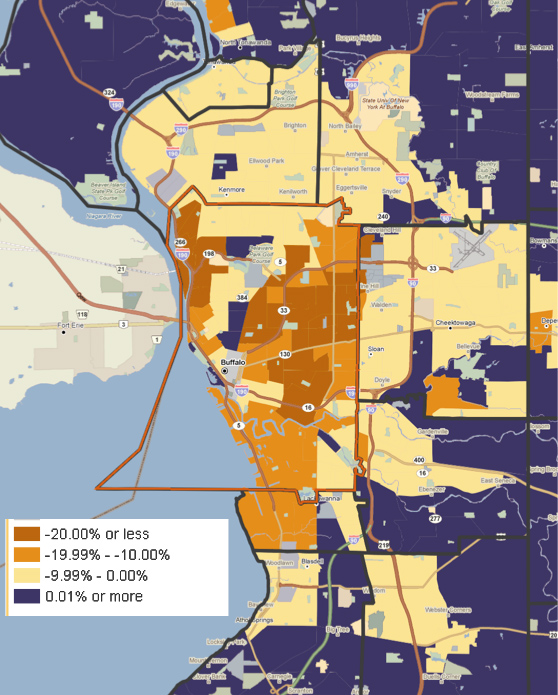Posts Tagged ‘Vacant Properties’
Climate Change: It Does Change Everything
Tarik Abdelazim serves as the Associate Director of National Technical Assistance for Community Progress. From 2010 to 2014, I served as Director of Planning, Housing and Community Development for the City of Binghamton, a city of about 48,000 in upstate New York that shares all the historical scars and future potential of other small former…
Read MoreThe Next Frontier in Neighborhood Stabilization – The ReClaim Project
By Craig Nickerson, National Community Stabilization Trust and Rebecca Regan, Housing Partnership Network In numerous communities today, REO inventories are declining and overall foreclosure rates are at five-year lows; however, the importance of continuing the work of stabilizing hard hit neighborhoods is far from over. Many neighborhoods, often low- to moderate-income and multicultural communities, continue to…
Read MoreAfter the last bell rings, cities explore options for vacant school buildings
Urban school districts are seeing schools close due to population declines, the buildings’ age, and other factors. The trend is particularly pronounced in cities that have faced the decline of large industry and subsequent hard times. Elaborate, sometimes multi-structure facilities once cherished as neighborhood centers – built to provide thousands of kids with an education…
Read More#LoveThatLot: Your Valentines for formerly vacant lots
Parcel by parcel, on blocks across the country, transformations are underway: local champions are turning vacant, abandoned lots into local gems. These projects are changing neighborhoods and touching lives but, too often, they’re known only to those who are lucky enough to live nearby. Last week, we issued a call for Valentines to shine some light on these special spots and you responded without…
Read MoreSeven Cities Selected for Community Progress Leadership Institute
Delegations from seven cities across three states have been selected to attend the 2015 Community Progress Leadership Institute (CPLI), a training program focused on equipping leaders with the skills to address large inventories of blighted and vacant properties for the benefit of their communities. The cities that will be sending delegations of up to six…
Read MoreSend your favorite revitalized lot some Valentine’s love with #LoveThatLot
Around the country, vacant lots and abandoned properties are being transformed into everything from new housing to urban orchards to pop-up beer gardens to go-kart race tracks. It’s time to show them some love! Between now and Valentine’s Day, use #LoveThatLot on Twitter and Facebook to share photos of your favorite formerly vacant lots that have been transformed into…
Read MoreDallas, Detroit, Gary and Trenton awarded technical assistance scholarships
Community Progress launched the competitive Technical Assistance Scholarship Program (TASP) in 2014, to help us find and support today’s pioneers in the work to reclaim and revitalize problem properties. TASP seeks out “changemakers” who are improving the field of practice, and it helps those leaders effect positive change on the ground. Today, we’re pleased to…
Read MoreHow the Cuyahoga Land Bank is helping refugees “Discover Home”
Land banks can work in concert with a whole host of private, public, and nonprofit partners, using those creative partnerships to help the communities they serve. An example of one such partnership is the Cuyahoga County Land Reutilization Corporation (Cuyahoga Land Bank)’s Discovering Home program–described in Take it to the Bank: How Land Banks Are…
Read MoreWhat does a successful land bank look like?
What does a successful land bank look like? It’s one of the questions our new report, Take it to the Bank: How Land Banks Are Strengthening America’s Neighborhoods, explores. Based on our research, there are a number of common characteristics critical to successful land banking. The following is a breakdown of these five key characteristics as laid…
Read MoreDo Urban Neighborhoods Need Homeowners?
Originally posted on the National Housing Institute’s Rooflines blog At a conference I attended last week, one of the speakers, a colleague whose judgment and knowledge I respect, offered his take on the future of urban single family neighborhoods. The lower income families who have the credit and can get together the down payment to…
Read More

